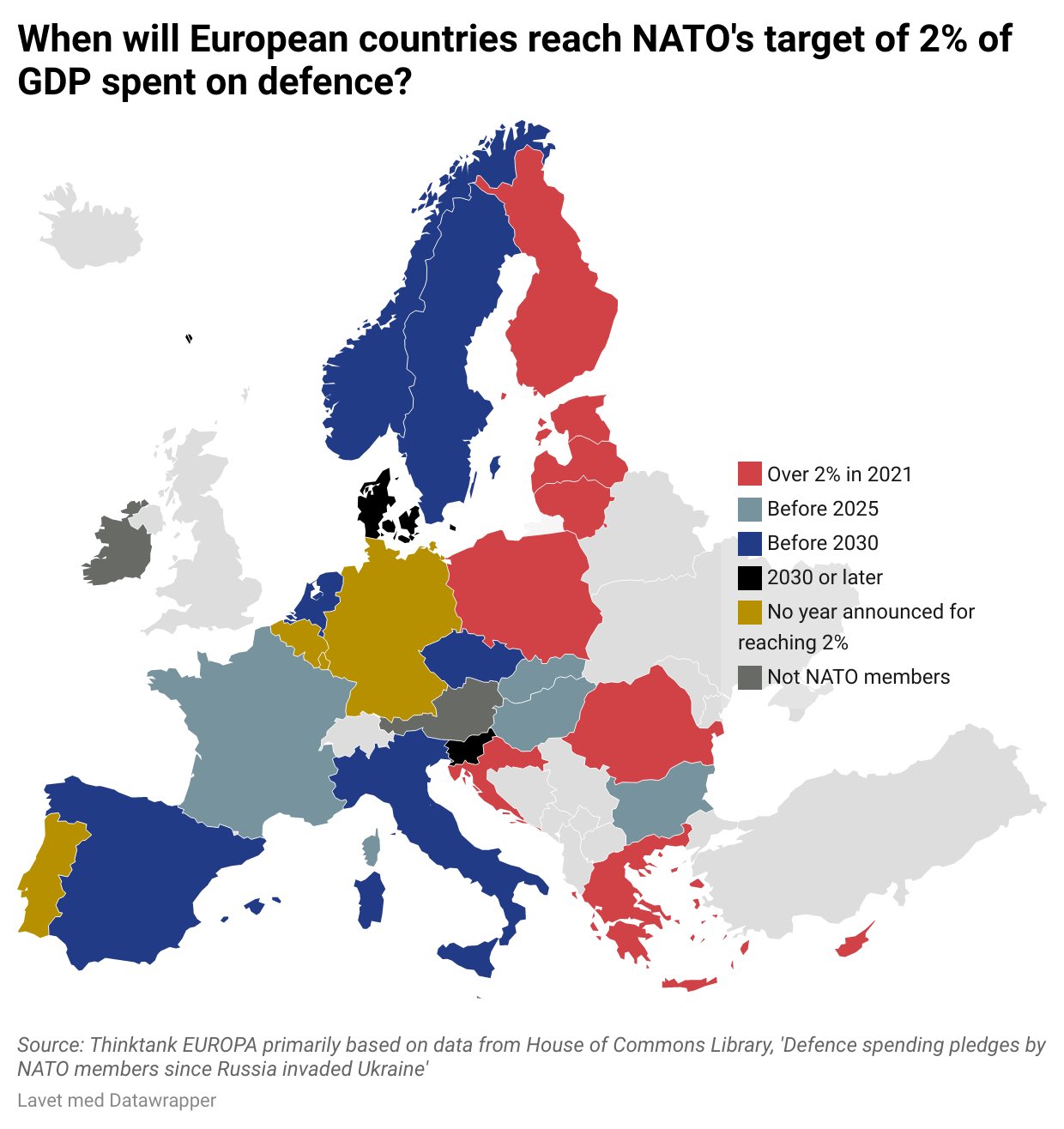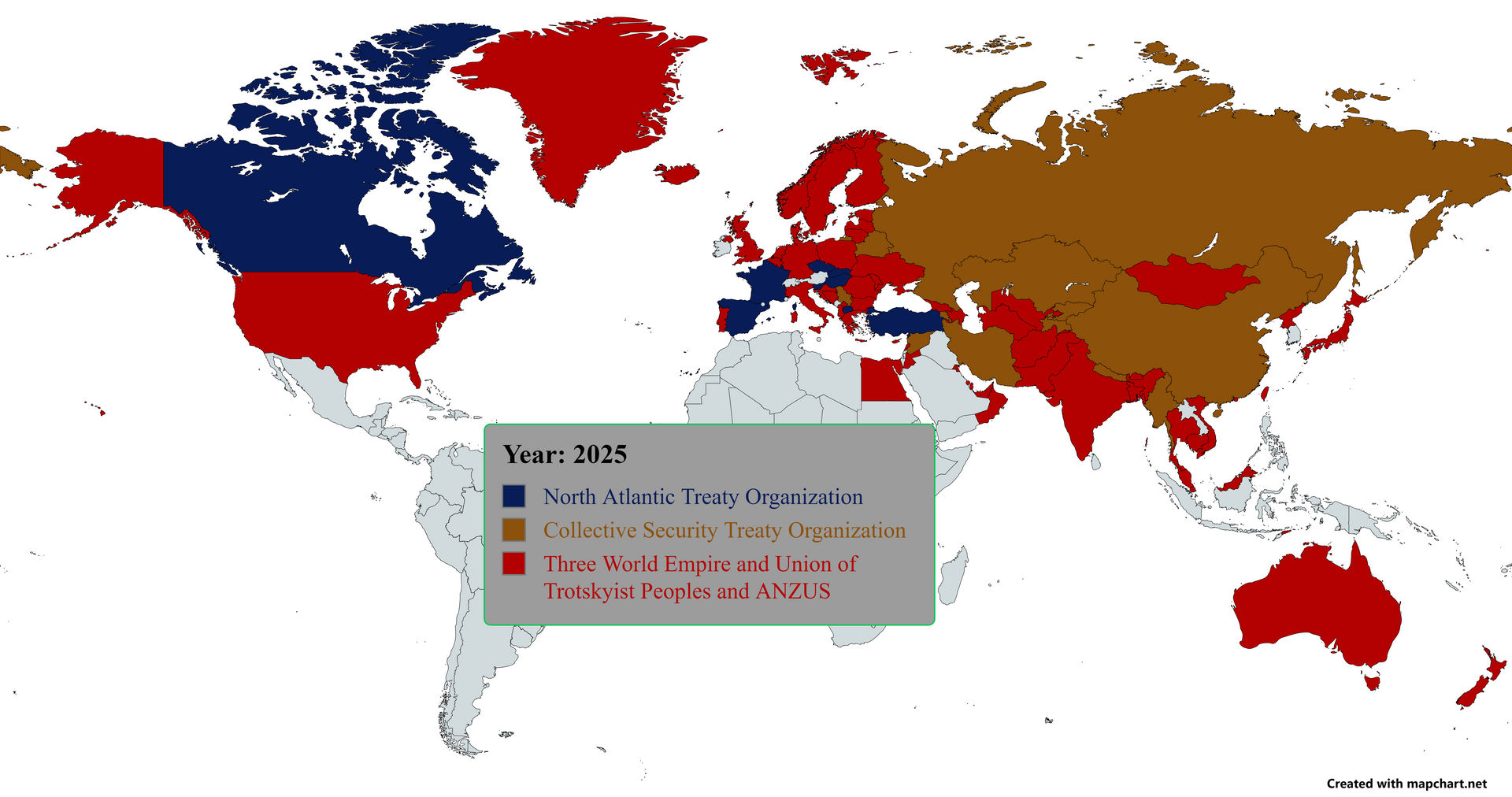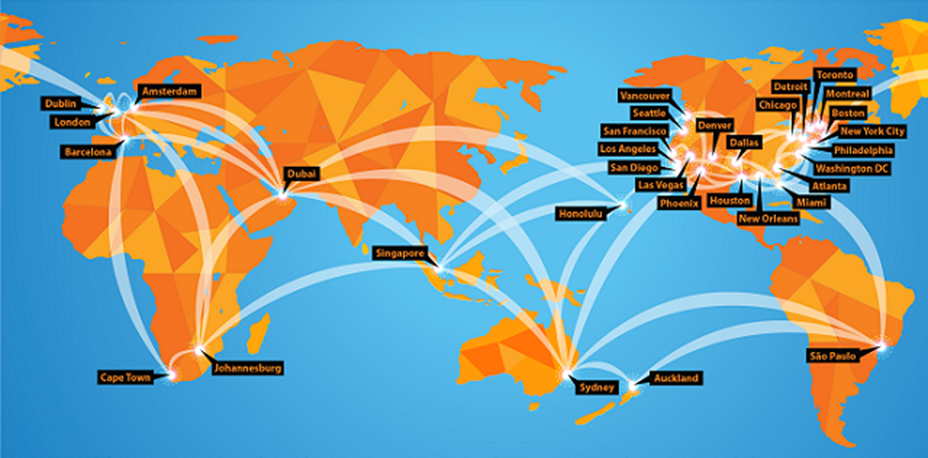In a significant show of unity and commitment to collective defense, NATO allies have agreed on the 2025 common-funded budgets. This milestone decision, as reported by
GlobalSecurity.org, underscores the alliance's resolve to strengthen its military capabilities and address emerging security challenges. The agreement demonstrates the allies' dedication to burden-sharing and cooperation, ensuring the continued effectiveness of NATO in maintaining peace and stability in the region.
Background and Context
NATO's common-funded budgets are a crucial aspect of the alliance's financial framework. These budgets are used to fund various NATO activities, including the maintenance of its military headquarters, training and exercises, and the development of new capabilities. The common-funded budgets are shared among all member states, with each country contributing according to its gross national income (GNI). This approach ensures that the financial burden is distributed fairly and that all allies contribute to the collective defense efforts.
Key Aspects of the 2025 Common-Funded Budgets
The agreed-upon 2025 common-funded budgets will focus on several key areas, including:
Capability Development: The budgets will allocate significant funds for the development of new military capabilities, such as advanced air and missile defense systems, cyber defense, and enhanced command and control structures.
Training and Exercises: The allies will invest in joint training and exercises to improve interoperability and readiness among NATO forces.
Infrastructure Development: The budgets will also cover the costs of upgrading and maintaining NATO's military infrastructure, including bases, airfields, and logistics facilities.
Implications and Benefits
The agreement on the 2025 common-funded budgets has significant implications for NATO's future security posture. By investing in new capabilities and improving interoperability, the alliance will enhance its ability to respond to emerging threats, such as terrorism, cyber attacks, and hybrid warfare. The budgets will also facilitate greater cooperation and burden-sharing among allies, reducing the financial burden on individual countries and promoting a more equitable distribution of costs.
Furthermore, the agreement demonstrates the allies' commitment to NATO's core values of collective defense and cooperation. By working together to address common security challenges, the allies can leverage their collective strengths and resources to achieve greater security and stability in the region.
The agreement on NATO's 2025 common-funded budgets marks a significant milestone in the alliance's efforts to strengthen its military capabilities and address emerging security challenges. By investing in new capabilities, improving interoperability, and promoting burden-sharing, the allies are ensuring the continued effectiveness of NATO in maintaining peace and stability in the region. As the security landscape continues to evolve, the alliance's commitment to collective defense and cooperation will remain essential in addressing the complex challenges of the 21st century.
For more information on NATO's common-funded budgets and security initiatives, visit
GlobalSecurity.org. Stay up-to-date on the latest developments in global security and defense with our expert analysis and insights.








